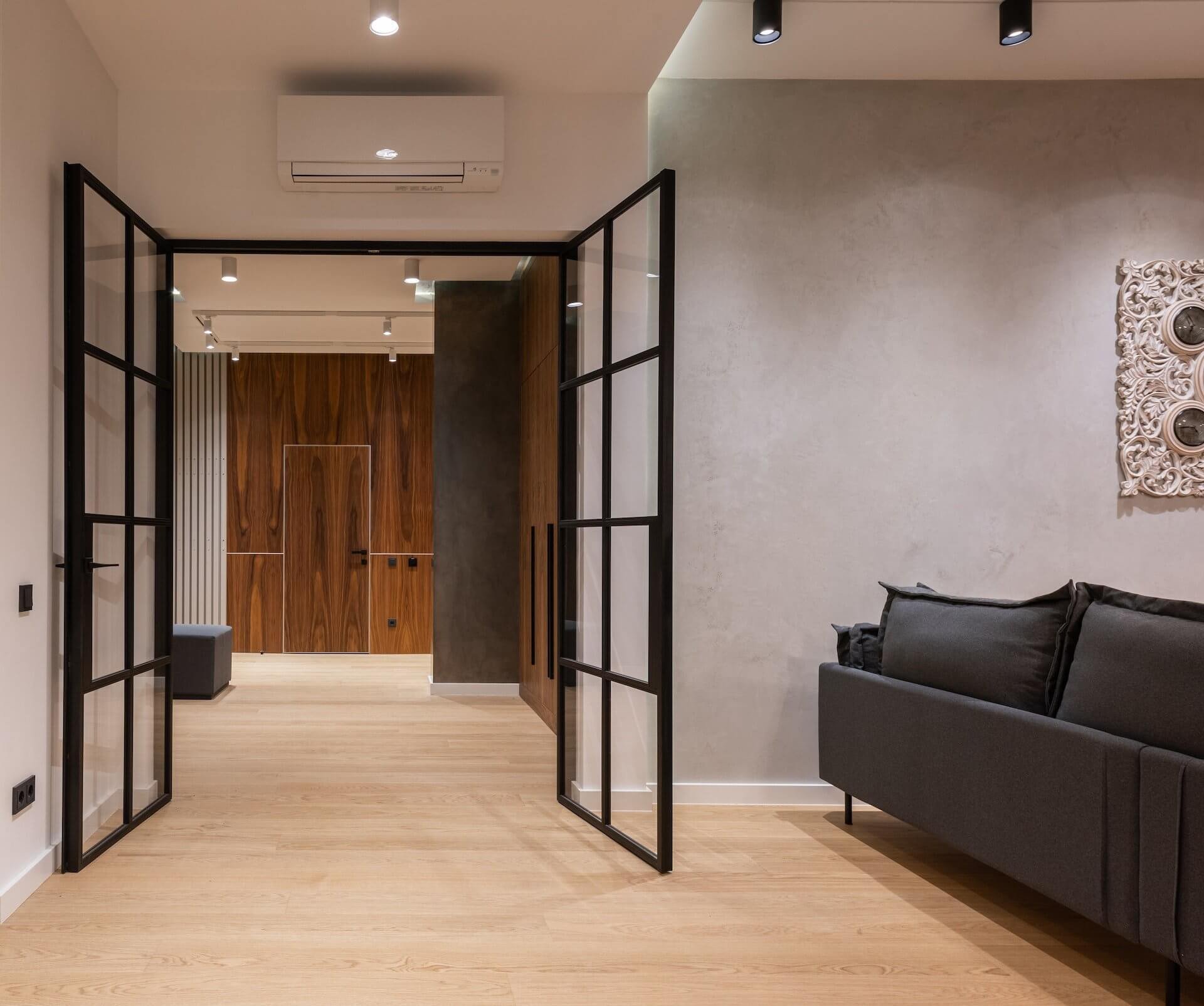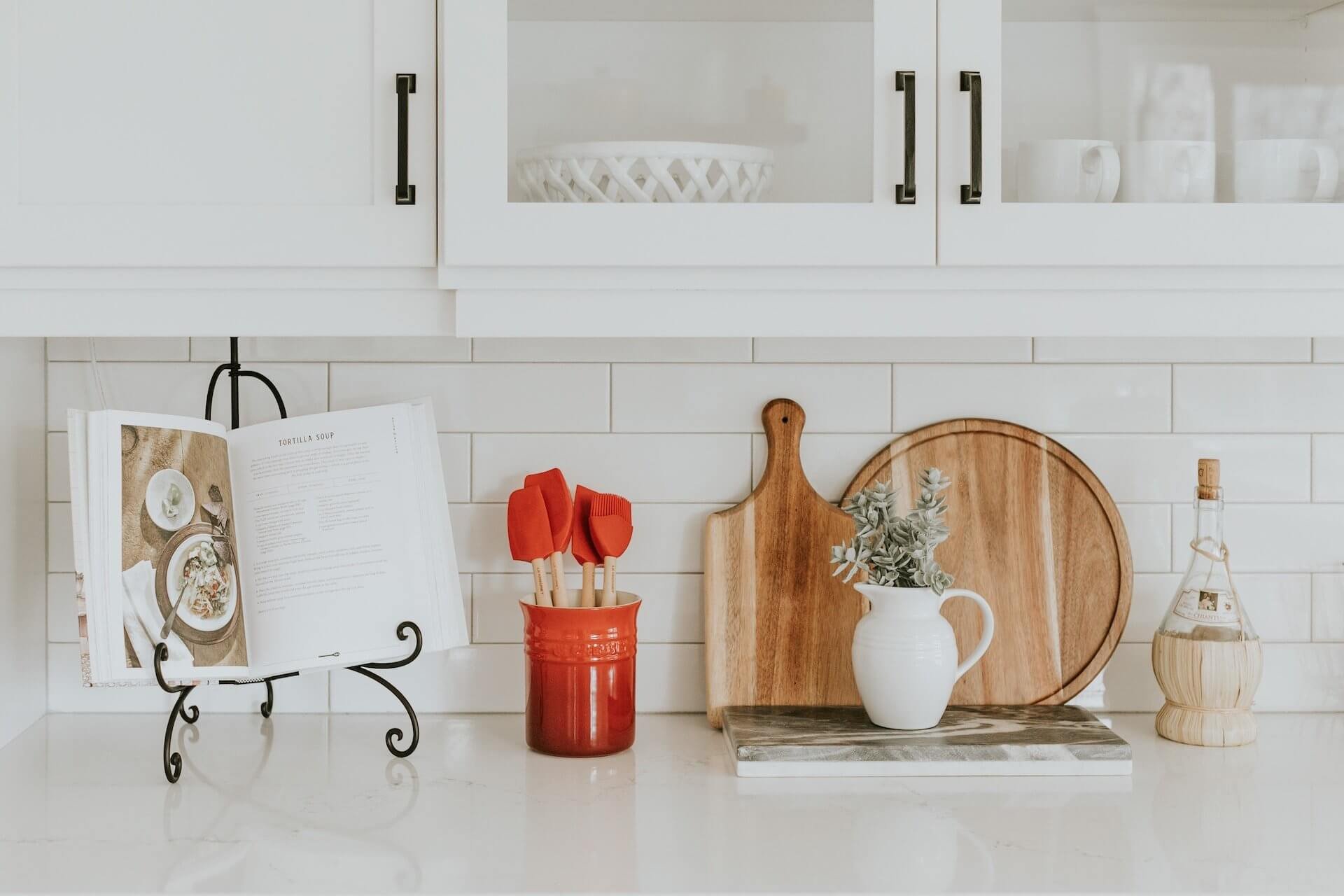How professional organizers use the power of Feng Shui
Simple decluttering techniques for a harmonious home
Have you ever walked into a cluttered and disorganized home and immediately felt overwhelmed or stressed? Our living environment has a profound impact on our mental and emotional well-being, and clutter can disrupt the flow of positive energy or "chi" in our homes. Feng Shui, an ancient Chinese practice, has gained popularity worldwide as a system of organizing and arranging items in our living spaces to create balance and harmony.
According to Feng Shui expert Karen Kingston, the most important step in the practice of Feng Shui is getting rid of clutter. In this blog, we'll explore the basics of Feng Shui and how simple decluttering techniques can help create a more harmonious home. Whether you're looking to improve your overall well-being or simply create a more organized living space, these tips and tricks will help you unlock the power of Feng Shui and invite positive energy into your life. So, let's get started and transform your home into a sanctuary of balance and harmony!
What is Feng Shui?
Feng Shui is an ancient Chinese practice that has been in existence for more than 3,000 years and states that our environment influences our well-being. It can be easy to say that Feng Shui is just about where you place your furniture or how you decorate your home, but it is much more than that. It is about analyzing and optimizing the basic flow of chi in our home through careful consideration of the placement of objects, colors, and shapes in your environment.
Decluttering is an essential part of Feng Shui because clutter is thought to block the flow of positive energy. Clutter can also lead to stress, anxiety, and depression, as it creates a sense of chaos and disorganization. By decluttering your home, you can create a peaceful and harmonious environment that promotes positive energy flow.
According to Feng Shui expert Karen Kingston, clutter is an energetic anchor that hinders the best things from unfolding in our lives. An excessive amount of clutter can impede clarity of thought and weigh us down emotionally. Ultimately, Feng Shui is about creating a happy and healthy environment, not just having a perfectly styled home.
So, now onto the important rules and steps that you can follow in order to declutter your home and create a more harmonious living space according to Feng Shui principles. These guidelines will help you identify and address each type of clutter, and create a more balanced and positive energy flow in your home.
1. Keep Your Entrance Clutter-Free
Not only is your entrance the first impression of your home but it is also considered the "mouth of chi." in feng shui. It represents how energy enters your home and life. Keeping your entrance clean and organized is crucial in inviting positive energy into your space. It's easy for shoes, coats, bags, and other items to accumulate near the front door, but it's essential to clear them out regularly to keep the energy flowing. By decluttering your foyer, you can prevent blocking opportunities from entering your home. First, remove everything you no longer use that’s been piling up. Next, try and create a home for all the items. Shoes go into the shoe cabinet, grocery goes straight into the kitchen, and coats go into the cabinet. This way, there is no way to clutter the entryway.
Top Tip: Have an accent cabinet near the entrance to store the bits and bobs, including umbrellas, keys, and extra tote bags. Not only will it keep everything in its place, but it’s also an attractive addition to your home.
2. Make Your Bedroom Your Oasis
How often have you fallen asleep with your laptop or phone next to you, only to wake up to a barrage of work notifications? One of the fundamental principles of Feng Shui is to keep work, leisure, and rest areas separate to ensure a peaceful life. The bedroom is primarily intended for health regeneration (sleep), so it's essential to eliminate all traces of work and activities. No more laptops, phones, or televisions in the bedroom! Instead, create a cozy atmosphere with scented candles, pillows, and soft lighting.\
Top Tip: Hong Kong homes can be small, and finding a dedicated workspace can be challenging, particularly if you work from home. While co-working spaces or cafes can be an option, they can also be expensive. Consider investing in a collapsible standing desk that you can use in the living room when required.
3. Clear Out The Kitchen
The kitchen is a significant area in Feng Shui, as it represents our health and well-being. To maintain positive energy in this space, it's crucial to keep it clean and clutter-free. Often, we hoard things in our kitchen that are no longer useful, such as old cutlery, chipped dishes, and stale food. Using damaged vessels for cooking and eating can lead to poor health and impoverishment. So, it's essential to discard dented silverware, chipped mugs, plates, and bowls. You know you have that one plate in mind - it’s time to get rid of it!
Top Tip: Use drawer dividers and shelf risers to maximize space and make it easier to find what you need. Also, consider investing in some airtight containers to store dry goods and pantry staples, which will not only keep your food fresh but also make your kitchen look more organized and tidy, improving the chi.
4. Throw Out Unlucky Items
In Feng Shui traditions, there are a number of things that can be considered unlucky to keep in the home. These items include broken or stopped clocks, which represent stuck energy and can signal a death in the household if they chime. Similarly, spiky or thorny plants like cacti and agave should be avoided as they bring tension and negativity to your living space. Specific artworks that are dark, sad, or scary should also be removed as they promote negative energy in your home. Decoration items like axes and swords should also be avoided as they can lead to bad luck or injuries.
Top Tip: Instead, incorporate good artwork such as plants, flowers, oceans and lakes, or waterfalls to inspire growth, creativity, prosperity, and a positive flow of money into your home. Remember, your home reflects your dreams and desires, so choose items that promote positive energy and good luck.
5. Wear Something Red
Did you know that color can also make a difference according to Feng Shui? Red or other warmer colors in the spectrum can actually help you in your decluttering efforts. red is a very active color that stimulates movement and progress, which is exactly what you want to do when you're clearing out clutter. Additionally, warm colors like orange and yellow are said to be comforting and energizing, making it easier for you to let go of things that no longer serve you. So, put on that red shirt or orange scarf and get to work!
Top Tip: Avoid wearing black or grey on cleanup days as they are believed to attract negative energy and can make you feel tired or indecisive about what to keep and what to discard.
Ultimately whether you believe in it or not, Feng Shui has several recommendations that can help you create a clutter-free, and balanced living space. For believers, it can be one step further by optimizing the flow of energy, attracting positive energy and repelling evil. Feng Shui is not just about having a perfectly styled home, but about creating a happy and healthy environment. So, take these simple decluttering techniques and unlock the power of Feng Shui in your home today. Let's create a sanctuary of balance and harmony together!
If you're feeling overwhelmed by clutter and want to optimize the energy flow in your home, drop us a note or schedule a call with us. We are not Feng Shui experts, but I we can help you declutter, reorganize your space and create a harmonious environment in your home to lay the groundwork for the best Feng Shui.






